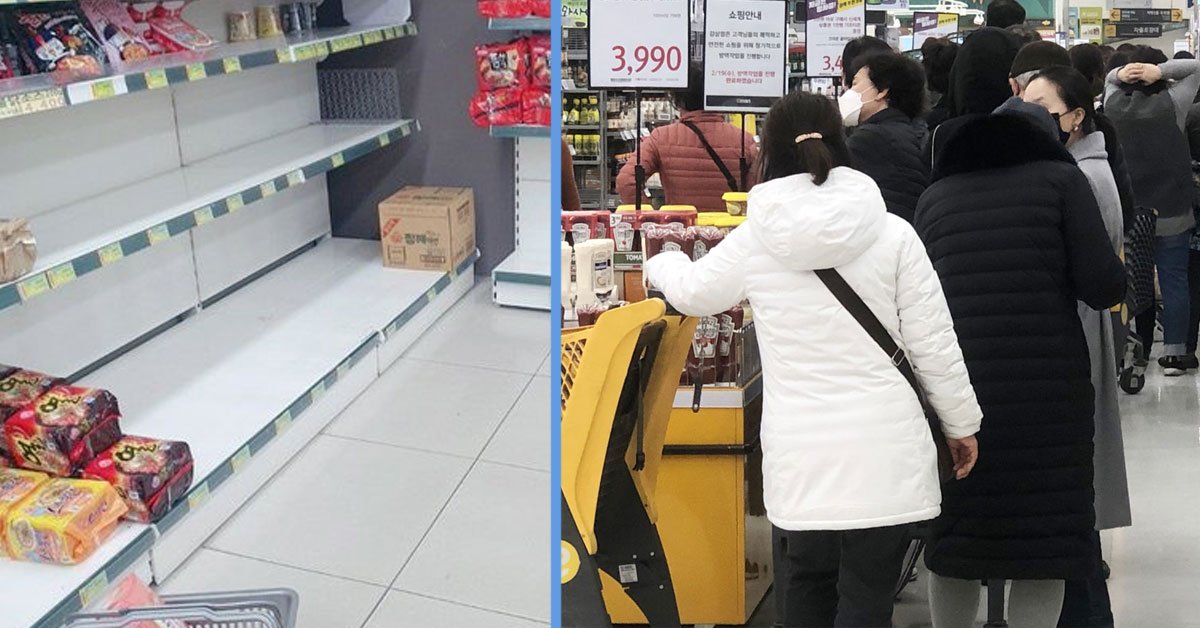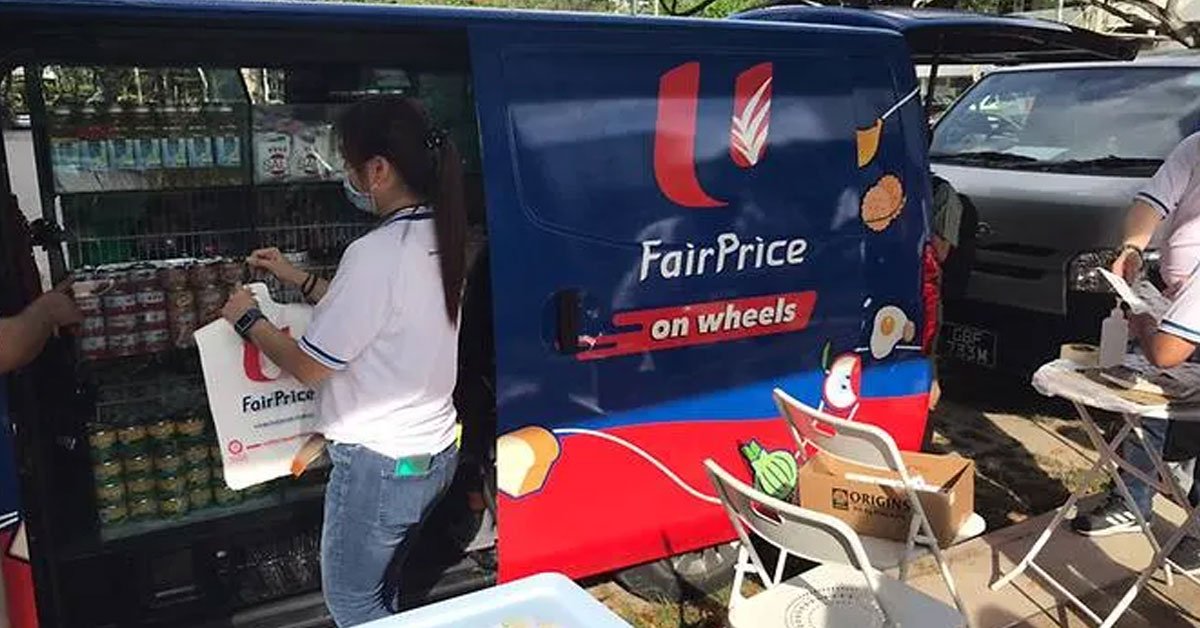In case you forgot, the government didn’t have the authority to impose COVID-19 rules at the beginning of the pandemic.
After all, you’re talking about a government that’s able to legally control where you go, dictate how many people and who should meet up for a meal, as well as tell a company what to do with their staff, among many others.
The law to make COVID-19 regulations legally binding was originally created for the circuit breaker period but was extended after the powers-that-be realised that COVID-19 isn’t going to magically disappear like SARS.
And now, it’s been extended by a year.
Law to Impose COVID-19 Measures Has Been Officially Extended by 1 Year to April 2023
On 11 Mar 2022, it was revealed in parliament that the COVID-19 (Temporary Measures) Act a.k.a the COVID-19 laws will be extended by one year.
It will be extended to 8 April 2023, which effectively made it almost three years since the Act came into effect.
According to Senior Minister of State for Health Koh Poh Koon, “Part 7” of the Act will give the government the agility and adaptability it needs to combat COVID-19.
What The COVID-19 (Temporary Measures) Act Allows The Government To Do
With the Act, the government can do various things to combat COVID-19 infections, including:
- Impose quarantine orders
- Restrict movements of the people
- Restrict entry to certain places
- Stop certain activities
- Place a cap on group sizes
- Tell venues how many people they can take
- Tell companies how long they can operate for
Given the current COVID-19 situation, Koh says several of the measures put into place, such as the Vaccinated-Differentiated Safe Management Measures (VDS), is necessary for now.
There’s A Chance It’ll Be Repealed Earlier Should The Situation Improves
If you’re chafing under the almost-dictating governance in Singapore, there’s a light at the end of the tunnel for you.
Koh promises that if the COVID-19 situation improves by the end of the year, regulations can be repealed.
“If Covid-19 ceases to be a threat before the end of this one year, regulations can be repealed and Part 7 can be allowed to lapse.
“However, if more variants and infection waves take hold, the regulations under Part 7 will continue to be important for the protection of public health.”
The authorities will make sure that the move towards a new normal will be done via a calibrated and gradual approach.
Great Support For The Extension
The men and women who you’ve voted into parliament greatly supported the extension.
However, there are also calls for authorities to regularly review whether COVID-19 measures are necessary, and to provide greater clarity on the way forward.
Mr Yip Hon Weng (Yio Chu Kang) asks for more specific indicators and simplified measures.
At least that way, people will glimpse the light at the end of the tunnel.
Novavax Approved For Use & Being Brought Into S’pore
To the question of whether more can be done to get people vaccinated in Singapore, Koh says that Novavax has been approved for use here.
The protein-based COVID-19 vaccine will be brought into Singapore in the “coming months”, he assures.
This way, hopefully, people who do not trust mRNA vaccines as much will get vaccinated as well.
To illustrate the importance of vaccination, 3% of adults who were unvaccinated/partially vaccinated:
- Makes up 20% of ICU cases
- Occupies 2/3 of ICU beds
- Increase death rate by 30%
This is also the reason why VDS is still essential in Singapore, Koh added.
Read Also:
- A Hybrid Variant of Delta & Omicron Called Deltacron is Detected & Here’s What You Need to Know
- COVID-19 Rules That Will Change from 15 March & Rules That Will Remain
- Lawrence Wong: COVID-19 Measures Will Be Eased in Several Different Steps
Feature Image: kandl stock / Shutterstock.com (Image for illustration purpose only)



